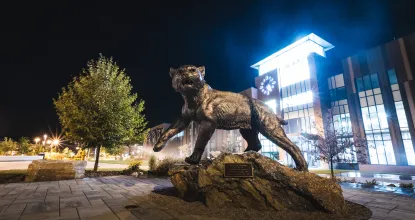
LaVerne Demientieff
LaVerne Xilegg Demientieff is Deg Xit’an (Dene) and her family is originally from Holy Cross and Anvik, Alaska. She is a Professor at the University of Alaska Fairbanks, Bachelor of Social Work program where she has taught since 2006. LaVerne leads trainings on historical trauma and historical wellness, adverse childhood experiences, trauma informed care, healing centered engagement, and cultural strength and resilience. She is active in learning and teaching her Deg Xinag language and is deeply committed to exploring the connection between language and well-being and practicing compassionate, healing centered language learning and revitalization. LaVerne’s research interests include looking at how cultural and traditional practices contribute to individual, family, group and community resilience, health, healing, and wellness, specifically with the Indigenous people of Alaska. She works closely with helping agencies and Tribal organizations in Alaska to support their efforts towards healing centered engagement within the organization as well as with their clients and communities. She works closely with Elders in research and teaching and is always transformed and healed by their compassionate wisdom. Two quotes from Elders that inspire and ground her are: "Learning is healing" and "Take care of the old person we are going to become".
LaVerne's workshops at the training
Time |
Day 1 - August 16 |
|
9:00 - 10:30am |
“Healing Centered Engagement Utilizing the 5 C’s”
Speaker: LaVerne Demientieff
This presentation will introduce you to the 5C’s of Healing Centered Engagement, these are significant beliefs and practices related to healing and wellness learned from and modeled by Alaska Native Elders. As you do good work in your life and job, consider reflecting on how these 5C’s can impact and support relationships with colleagues, clients, friends, relatives, as well as yourself. Stress and trauma inhibit learning and connection and move us from our thinking brain into our emotional brain, which makes it difficult to concentrate, remember things, make decisions, and connect. When we learn about how stress and trauma impact our mind and body, we are more compassionate with ourselves and others. When we are curious about what causes pain and grief, we can help to create connection and ceremony for healing. Healing happens when we are fully in our bodies and in relationship to others and our community. There are strategies for success we can utilize to create a community of care and feelings of belonging which allow us to learn and engage together at the highest levels. |
